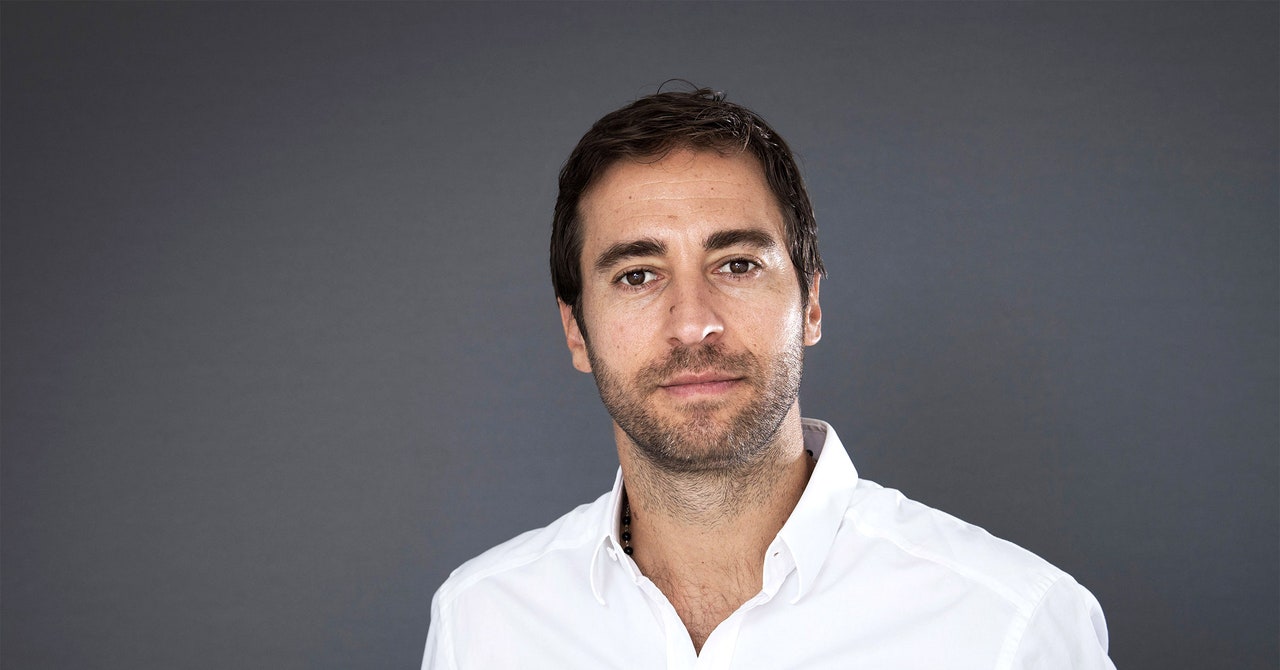
In 2008, the soccer player Mathieu Flamini moved from Arsenal, where he’d spent four years as a tough but classy midfielder, to AC Milan in Italy’s Serie A. At the same time, unknown to his colleagues in the dressing room at the San Siro, he quietly embarked on another new journey.
Flamini, now 38, grew up in Marseille in the south of France. Soccer was his first passion, of course, but living so close to the sea made him aware of sustainability too—he could see the plastic washing up on the shore, and he took inspiration from the environmental activism of the famous explorer Jacques Cousteau.
When he moved to Italy, he and a friend—Pasquale Granata—started setting up meetings with scientists and academics, looking for opportunities in the field of sustainability. Over time, they narrowed their focus to “green chemistry” and founded GFBiochemicals.
Its main product is an obscure molecule called levulinic acid, which GFBiochemicals has spent a decade figuring out how to mass produce from agricultural waste products. It might sound niche, even boring—a world away from the usual footballer businesses of NFTs and fashion labels—but it could be transformative. It offers, Flamini says, a “plant-based” alternative to oil-derived chemicals that could be used in thousands of products, from paints to cosmetics.
Flamini has recently been named CEO of GFBiochemicals, which has secured a €15 million (around $14.9 million) investment to take its products out of the lab and into industry. Levulinic acid is a building block—a platform that can be tweaked and altered to suit the requirements of different industries. GFBiochemicals already has almost 200 patents for plant-based solvents, polyols, and plasticizers—all things that could replace substances extracted from fossil fuels, which have toxic or nonbiodegradable byproducts.
“There is a massive transition happening these days in the chemical industry,” Flamini says. “And this transition is being accelerated by two factors.” The first is policy: The European Union is clamping down on thousands of harmful substances and pushing industries to try and replace them with something cleaner. The second driver is public awareness of the potentially harmful impact on ecosystems of chemicals that don’t dissolve over time.
“We’re allowing the replacement of those obsolete molecules, which are having a negative impact on the planet, with new molecules that reduce CO2 emissions and are biodegradable and nontoxic,” he says. Flamini adds that the company has done a life-cycle analysis on its plant-based solvent that shows it can cut down CO2 emissions by 80 percent compared to its fossil-fuel derived equivalent.
Flamini hopes to reduce the percentage of extracted oil that is refined and used to make consumer products—a proportion that will increase as countries decarbonize, and which is predicted to hit 50 percent by 2050. “Everyone is talking about fighting climate change and reducing CO2 emissions, but why are we not talking about the petrochemical industry, which affects all of us on a daily basis?” he says.
It’s been a long journey to get to this point, and there is still work to do in the slow-moving chemicals industry. It’s not a case of simply swapping GFBiochemical’s plant-based alternative into the existing recipe for, say, paint or shampoo—products will need to be reformulated so that the end consumer can’t tell the difference, and the cost will need to be driven down through economies of scale.
“We want to be the Intel of the chemical world,” Flamini says. “We have a platform technology that allows us to go across industries, from personal care to home care to agriculture to paints and coatings. We are bringing a technology that is greener and makes the end formulation much more sustainable and much safer for people and for the planet.”
On November 2, 2022, Mathieu Flamini will be speaking at WIRED Impact, Europe’s leading one-day event examining the fast-changing world of sustainability and ESG. Find out more and book your ticket here.
This article was originally published in the September/October 2022 issue of WIRED UK magazine.


